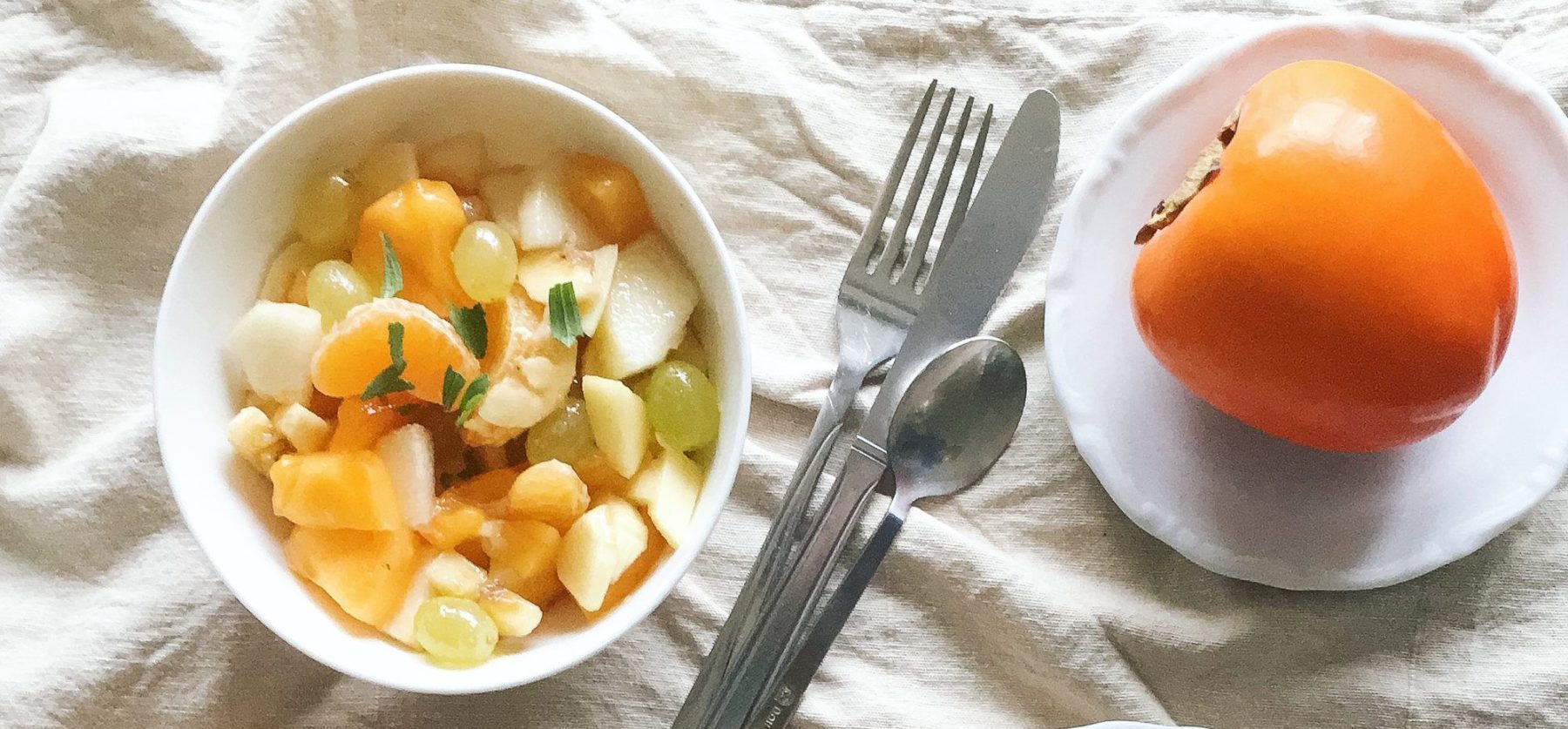Diet for Hashimoto: what to eat?
Hashimoto’s thyroiditis is an inflammatory disease of autoimmune origin that causes elevated TSH and thyroid antibody values and a condition of hypothyroidism. There are many protocols today for autoimmune diseases, including Hashimoto. Often these dietary protocols involve the elimination of a number of foods, generally including cheeses and dairy products and foods that contain gluten, legumes and cereals.
There is not much scientific evidence that fully supports these protocols. And, especially in the case of thyroid problems, extreme care must be taken to exclude entire categories of foods.

DIET FOR HASHIMOTO: THE GLUTEN PROBLEM
Many people get an initial benefit from this type of diet, which is simply a consequence of a reduction in intestinal disorders, typical in those suffering from hypothyroidism and thyroiditis. This is primarily due to the low acidity of the stomach, so it is natural that by excluding protein compounds such as gluten or slowly assimilating proteins such as caseins, people feel better at first. However, this does not solve the problem, which is instead upstream. In short, it is more likely that gluten is not responsible for intestinal dysbiosis, but that it can aggravate it in some subjects.
In one study it was found that many women suffering from Hashimoto also had non-celiac gluten sensitivity . Which however is not celiac disease and is considered a reversible condition.
In another study, excluding gluten-containing foods in a group of women with Hashimoto’s thyroiditis reduced the number of antibodies.
However, eliminating certain foods is a double-edged sword.
Eliminating gluten does not solve any problem if the choice of food is not the right one.
For example, if you consume gluten-free foods rich in additives, sugars, emulsifiers and refined flour mixes, the fact that there is no gluten in them does not mean that they are healthy.
On the contrary, they can also aggravate dysbiosis.
In order to avoid giving advice that then leads to even worse eating habits, it could therefore be a good idea to have a diet with a lower gluten content , but of a natural type.
For example, using einkorn spelled flour, whose gluten is made up of very small peptides and which is successfully used in those suffering from non-celiac gluten sensitivity. Or again, pseudo-cereals such as quinoa and buckwheat (but not millet, being goitrogen), organic corn, especially from nixtamalized flour, tubers such as potatoes and sweet potatoes, brown rice flour. In short, if you want to reduce or even eliminate gluten from your diet, you need to know how to change and choose natural and non-industrial foods instead.
DIET FOR HASHIMOTO: THE CASEIN PROBLEM
There are also protocols in which, in addition to gluten, those suffering from hypothyroidism and Hashimoto are asked to eliminate dairy products and cheeses. This is not good advice in general.
In fact, there is a significant correlation between low calcium and vitamin D levels and thyroid problems. However, one study found higher levels of antibodies, for those with autoimmune diseases in general, including type 1 diabetes and Hashimoto, in people suffering from these conditions consuming products containing bovine beta-casein.
In general, as we have seen for gluten, it can be beneficial to exclude some types of cheeses and dairy products, but certainly not all. This is because other studies have instead associated a complete diet of cheese and dairy products with less cardiovascular inflammation, improved metabolism and bone health. In addition, dairy products and cheeses contain precious short-chain fatty acids (such as butyric) which are very important for those suffering from dysbiosis.
So what to do?
Here, too, it would be best to try a non-restrictive, but softer approach, choosing goat, sheep, buffalo milk cheeses, which do not contain that type of beta-casein. And at the same time milk and dairy products from the same sources. For example goat milk instead of cow’s milk.
In this way we are sure that we do not have any deficiencies and are not on a restrictive diet.
























+ There are no comments
Add yours